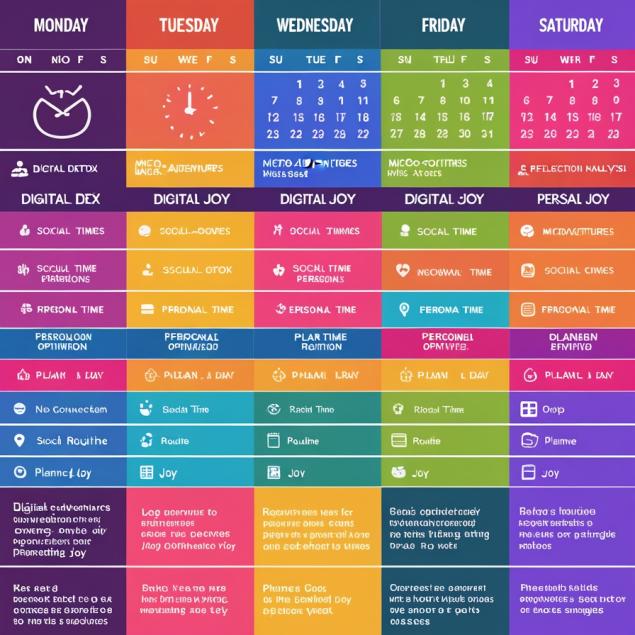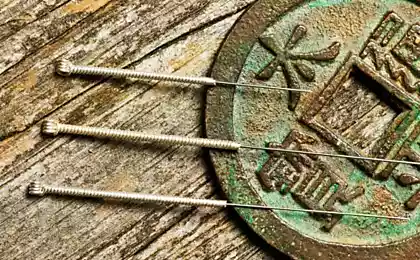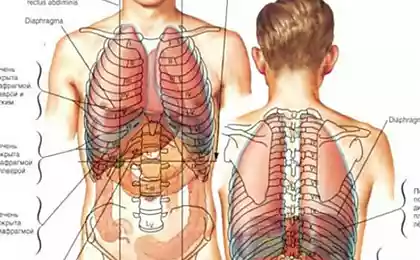19
How to deliberately indulge in fun to improve your life
A Scientific Approach to Joy: Why Happiness Requires Conscious Effort

There is a common misconception that some people are just “lucky” in life – they are always joyful, energetic and seem to glow from the inside. When we look at people like that, we think, "They're just lucky with their character." However, modern research in the field of positive psychology shows a completely different picture.
Joy does not arise by chance; it is created by deliberate actions and conscious decisions. People who seem naturally happy have actually mastered the art of intentional fun.
Neurobiology of fun: what happens in the brain
When we talk about intentional fun, it's important to understand what's going on at the level of neurochemistry. Studies show that joy activates the release of neurotransmitters – dopamine, serotonin and endorphins. But the key point is that these happiness hormones can be activated consciously.
It's important to understand: The brain does not distinguish between “spontaneous” and “intentional” joy. Neural pathways are formed in the same way, regardless of whether the fun occurred accidentally or was planned.
Energy audit of life
The first step to intentional fun is to understand where your life energy is going. According to the concept of energy management, all our daily activities can be divided into four categories:
Simple joys that do not require effort: a walk at sunset, favorite music, spontaneous conversation with a friend. These moments are short but energizing.
Activities that require effort, but give deep satisfaction: learning a new language, creative projects, sports for fun. Personal growth is happening here.
Monoton tasks that suck energy: endless reports, routine cleaning, formal meetings. Many of these can be optimized or delegated.
Pseudo-rest that does not restore: aimless scrolling of social networks, watching random content until late at night. Creates the illusion of relaxation, but leaves empty.

The Psychology of Happiness vs. Fun
One of the main pitfalls of modern man is the transformation of happiness into an ultimate goal. We begin to treat it as a trophy to earn: “I’ll buy an apartment – I’ll be happy”, “I’ll lose 10 kg – that’s when I’ll live”. This strategy is doomed to failure.
Fun is a process, not a result. These are concrete actions: laughter, play, experiments, moments of losing track of time. In psychology, this is called a “flow state” – when you are completely absorbed in activities and forget about the outside world.
️ The paradox of happiness analysis: The deeper we analyze our own happiness, the further it moves away from us. The question, “Am I happy?” throws us out of the present moment into an endless internal debate.
A seven-day plan for intentional fun
Based on the principles of behavioral therapy and positive psychology, we present a science-based plan to introduce intentional fun into everyday life.
1st
Digital detox: Eliminate one habit that steals energy (most often – aimless scrolling of social networks). Replace it with a simple, enjoyable activity. Studies show that reducing social media time by 30 minutes a day increases life satisfaction by 23%.
2.
Micro-adventures: Do something simple but unusual. Change the route to the house, try a new cafe, write to an old friend. Novelty activates dopamine receptors and improves mood.
3
Social connectivity: Contact a person with whom communication brings joy. Live contact is one of the strongest predictors of life well-being according to the Harvard Happiness Study, which has been running for 80+ years.
4.
Sacred pause: Set aside 10 minutes for yourself, not for productivity, but for pleasure. Meditation, music, just doing nothing. This reboots the prefrontal cortex of the brain.
5
Reengineering routine: Choose the most annoying mandatory thing and find a way to make it more enjoyable. Turn on music while cleaning, break down a big task into small, enjoyable stages.
6
Planning for joy: Plan something nice for the near future. Anticipation activates the same neural pathways as the event itself, prolonging pleasure over time.
7
Reflexive analysis: Analyze what worked. Create a personal joy map – a list of actions that are guaranteed to lift your mood.

The scientific foundations of intentional fun
Research in neuroplasticity shows that regular practice of positive activities physically changes the structure of the brain. Professor Barbara Fredrickson of the University of North Carolina has shown that positive emotions expand a person’s repertoire of thoughts and actions, creating “upward spirals” of well-being.
What’s more, the concept of “emotional bank accounts” suggests that each pleasant experience creates an emotional “reserve” that helps manage stressful situations. People with a high “joy balance” show greater resilience to life’s difficulties.
Practical techniques for instant fun:
- Rule of 10 seconds: Find something funny in your current situation in 10 seconds.
- Dance in the kitchen: Play your favorite song and dance while cooking.
- Photo hunt for beauty: Find and photograph something beautiful on the way to work.
- Compliment to a stranger: Give a sincere compliment to a random person
- Association game: Make fun associations with serious words
Long-term strategies for cultivating joy
Intentional fun is not a one-time action, but a philosophy of life. To create lasting change, we need to create what we call “happiness habits.” Studies show that it takes an average of 66 days to form a new habit, but the first positive changes are noticeable after a week of regular practice.
The key principle is the progressive load of joy. Start with 5 minutes of intentional fun a day, gradually increasing to 30-45 minutes. This is the optimal time to activate neurochemical processes without the risk of emotional burnout.
The effect of accumulating joy: Every day of intentional fun increases a basic level of life satisfaction. After a month of practice, people report a 40% increase in their sense of vitality and a 25% improvement in sleep quality.
The material is prepared for the portal of the Tower - your guide to the world of conscious and joyful life. Remember: fun is not a luxury, but a necessity for a full life.
Glossary of terms
Neuroplasticity is the ability of the brain to change its structure and function in response to experience and learning.
Dopamine is a neurotransmitter responsible for feelings of pleasure and motivation to act.
The flow state is a psychological state of complete immersion in an activity in which a person loses the sense of time.
Positive psychology is a branch of psychology that studies the conditions and processes that contribute to the prosperity of individuals and communities.
Emotional reserve is the accumulated stock of positive emotions that help to cope with stress and difficulties.
Energy management is an approach to managing life through the conscious distribution of physical, emotional and mental energy.























